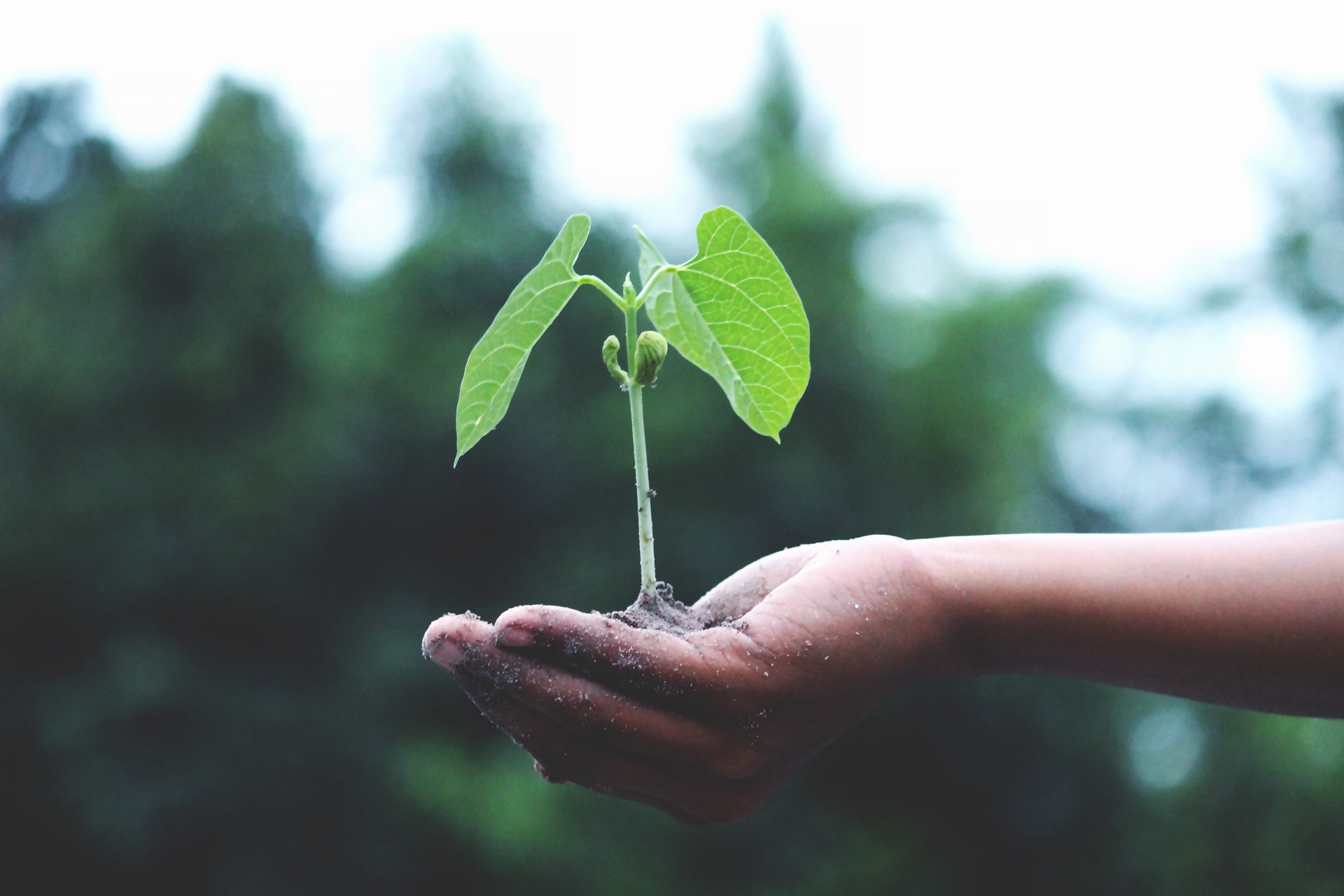With the G20 leaders’ summit in Argentina and COP24 in Katowice, Poland approaching, the final weeks of 2018 have the potential to be critical to the global fight against climate change. Whether leaders at these events will be bold enough to push for more ambitious national climate action will play a huge part in determining whether the world has a hope of limiting global temperature rise to well below 2°C. The ramifications of these decisions will be felt first and foremost in Africa.
In October, the Intergovernmental Panel on Climate Change released its comprehensive report showing that we have already warmed the planet by 1°C since the pre-industrial era, and that every further fraction of a degree matters. Although Africa has contributed less than four percent of the global greenhouse gas emissions responsible for climate change, climate impacts are already risking the homes and livelihoods of millions of our people. From 2015-2020, adapting to climate change is expected to cost the African continent US$7-15 billion; if global temperatures rise by up to 2°C, and those costs could increase to US$50 billion per year by 2050. Consequently, countries of the Sahel could see GDP declines of up to six percent by 2050 due to climate change and resulting water stress.
The global need to reduce greenhouse gas emissions, and Africa’s need to adapt to the climate impacts that are already locked in, are undeniable. Less well known is that proactive policies and investments now – in both climate resilience and sustainable development – can unleash a wave of economic opportunity. A recently released report by The New Climate Economy found that bold climate action can deliver at least US$26 trillion in economic benefits through to 2030, compared with business-as-usual. Ambitious action could also create over 65 million new low-carbon jobs and avoid over 700,000 premature deaths per year from air pollution in 2030. Bold climate action could also build resilience to a changing climate and lead to greater participation by women in the labor force.
With more than 450 million workers poised to enter the African labor market by 2035, Africa’s economy is at a critical junction. In order to build a stronger economy, we must build a greener economy. That means Africa must leapfrog over the dirty growth paths of other industrialized countries directly into a sustainable future. This is even true for our more traditional industries like farming which provides up to 60 percent of jobs in today’s Africa.
Farmers are particularly at risk from climate impacts such as drought. But some places are already making strides to insulate farmers from climate impacts, lifting incomes in the process. In Uganda, for example, with support from TechnoServe and the Bill and Melinda Gates Foundation, 270 smallholder farms are using drones to monitor their crops, allowing farmers to be much more precise about how much water, fertilizer or pesticide to use. This pilot project has led to a 60 percent drop in pesticide use, while boosting production. Each farmer gained an average US$2150 increase in annual profits. Overall the pilot provided an impressive return of US$14 per US$1 of investment and is poised to be scaled for true impact. By boosting yields while conserving resources, this project and others like it can greatly improve the resilience of farms and farmers.
Africa’s cities are also crucial to insulating people from climate impacts, while also creating opportunity through a new climate economy. By 2050 Africa’s urban population will more than double to 2.4 billion people. Much of the continent’s urban environment is being constructed today and in the coming decades. This moment is our opportunity to ensure our burgeoning cities are not only built with climate resilience in mind, but also in ways that capture the economic benefits of a low-carbon development path.
Again, there are promising examples that show the way. In 2008, Lagos became the first African city with a Bus Rapid Transit system, or BRT. Lagos constructed the lean, efficient system for a relatively low cost of US$1.7 million per kilometer, allowing the city to recoup its investment in just 18 months. In addition to reducing carbon emissions and air pollution, the BRT reduces travel time for its 200,000 daily passengers by an average of 30 percent, and low-income households along the route save as much as 31 percent on transport expenses.
We now have a much clearer understanding of the economic benefits of low carbon development and resilience measures. We also have a much greater understanding of the mounting costs of climate inaction. With new and cheaper technologies and innovations, we have the tools to make a transformational shift towards a strong, sustainable economy. But national leaders must pursue ambitious policies that steer their economies in this direction, and work with development partners to funnel investments into economically sound green projects. Africa’s entrepreneurs and forward-thinking local leaders have already shown their determination to leap over the ways of the past. Now, they need the political and institutional support to carry Africa into a new climate economy.

